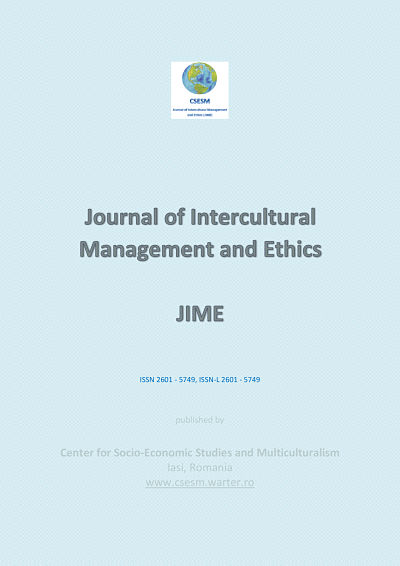Universality and Culturalism in the Management of European Projects in
Pre-University Education
Universality and Culturalism in the Management of European Projects in
Pre-University Education
Author(s): Vasile Cocriş, Diana VicolSubject(s): Education, Business Economy / Management
Published by: Center for Socio-Economic Studies and Multiculturalism
Keywords: project management; ERASMUS+; universalist approach; cultural approach;
Summary/Abstract: This study refers to a project that a high school institution has run for two years as a partner of a French town hall. Within the management of this project, there were two approach paths: universalist and cultural. The universalist approach was governed by similar interests in all countries: the best project products with the lowest costs, while the cultural approach refers to the fact that even if they are partners and must meet the administrative-financial management requirements of the institution which has won the project, the Romanian schools will use procedures specific to the management of the Romanian state institutions.Therefore, at the level of ERASMUS+ projects, there are two types of management: project management at international level and project management at national team level, including accounting activities in each partner institution. The uniformity of these project management practices, imposed at European level, does not always take into account the national cultures. It violates unwritten cultural rules and distinct sociocultural identities are being questioned. That is why the management of these intercultural projects, ERASMUS+ projects in pre-university education, requires an uninterrupted process of cultural translation, through effective communication, results-based management, with the aim of avoiding conflicts and achieving goals.
Journal: Journal of Intercultural Management and Ethics
- Issue Year: 1/2018
- Issue No: 4
- Page Range: 43-48
- Page Count: 6
- Language: English

